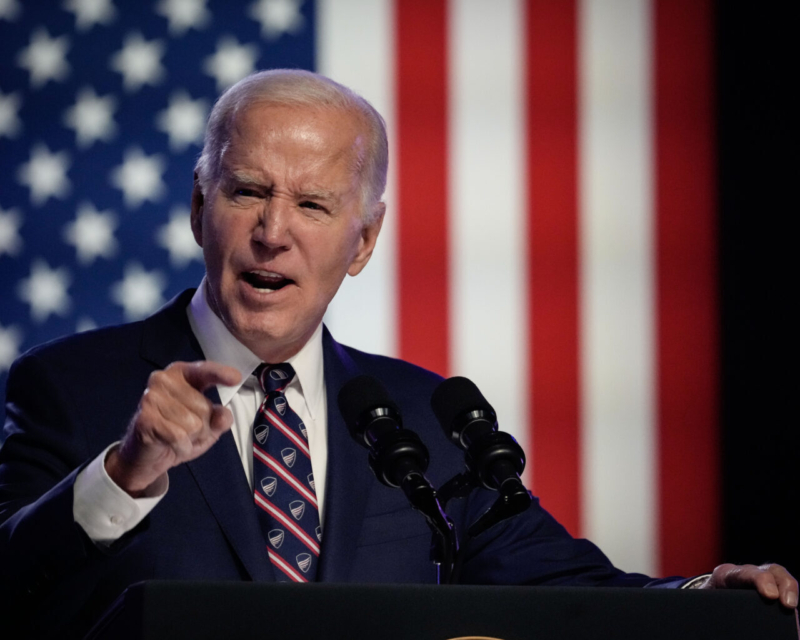Biden Administration Faces Legal Challenge Over Appliance Efficiency Rules
In a bold move that could reshape the landscape of appliance regulation, the Competitive Enterprise Institute (CEI) has filed a lawsuit against the Biden administration, targeting the Department of Energy’s (DOE) new water efficiency standards for dishwashers and washing machines. This legal battle, emerging on the national stage, pits environmental regulation against free-market principles, raising fundamental questions about governmental overreach and legislative intent.
The CEI, a staunch advocate for limited government intervention and regulatory reform, contends that the DOE has overstepped its bounds with these latest mandates. The lawsuit, filed on Thursday, aims to halt the enforcement of these regulations and prevent the DOE from extending its regulatory reach to appliances not explicitly covered by Congressional authorization.
At the heart of this legal skirmish is the DOE’s attempt to impose stricter water usage limits on dishwashers and clothes washers, a move the administration argues is essential for environmental sustainability and resource conservation. The CEI, however, views this as an overextension of regulatory authority, arguing that Congress had only sanctioned water usage regulations for specific appliances such as showerheads and toilets. According to CEI General Counsel Dan Greenberg, the DOE’s rules on dishwashers and washing machines represent a significant departure from the legislative framework established by Congress.
This lawsuit is more than just a technical dispute over appliance standards; it embodies a broader ideological clash. On one side, the Biden administration’s policy seeks to promote environmental stewardship through enhanced efficiency standards, reflecting a commitment to combating climate change and preserving natural resources. On the other, CEI’s challenge underscores a deep-rooted belief in market-driven solutions and a wariness of bureaucratic overreach that could stifle innovation and consumer choice.
For consumers, the implications of this legal battle are tangible. Should the DOE’s regulations be upheld, manufacturers will need to redesign appliances to meet the new water efficiency standards, potentially leading to higher costs but also long-term savings on utility bills and reduced environmental impact. Conversely, if the CEI prevails, it could signal a rollback of regulatory initiatives, maintaining the status quo but possibly at the expense of broader environmental goals.
The outcome of this lawsuit could set a significant precedent, influencing future regulatory actions across various sectors. It highlights the delicate balance policymakers must strike between fostering innovation, protecting consumer interests, and addressing pressing environmental concerns.
As the legal process unfolds, this case will undoubtedly be watched closely by industry stakeholders, environmental advocates, and policymakers alike. It serves as a stark reminder of the ongoing tensions between regulatory ambitions and the principles of a free-market economy, a narrative that continues to shape the American regulatory landscape. The CEI’s challenge against the Biden administration’s appliance efficiency rules is a pivotal moment, one that will likely reverberate far beyond the confines of dishwashers and washing machines.






